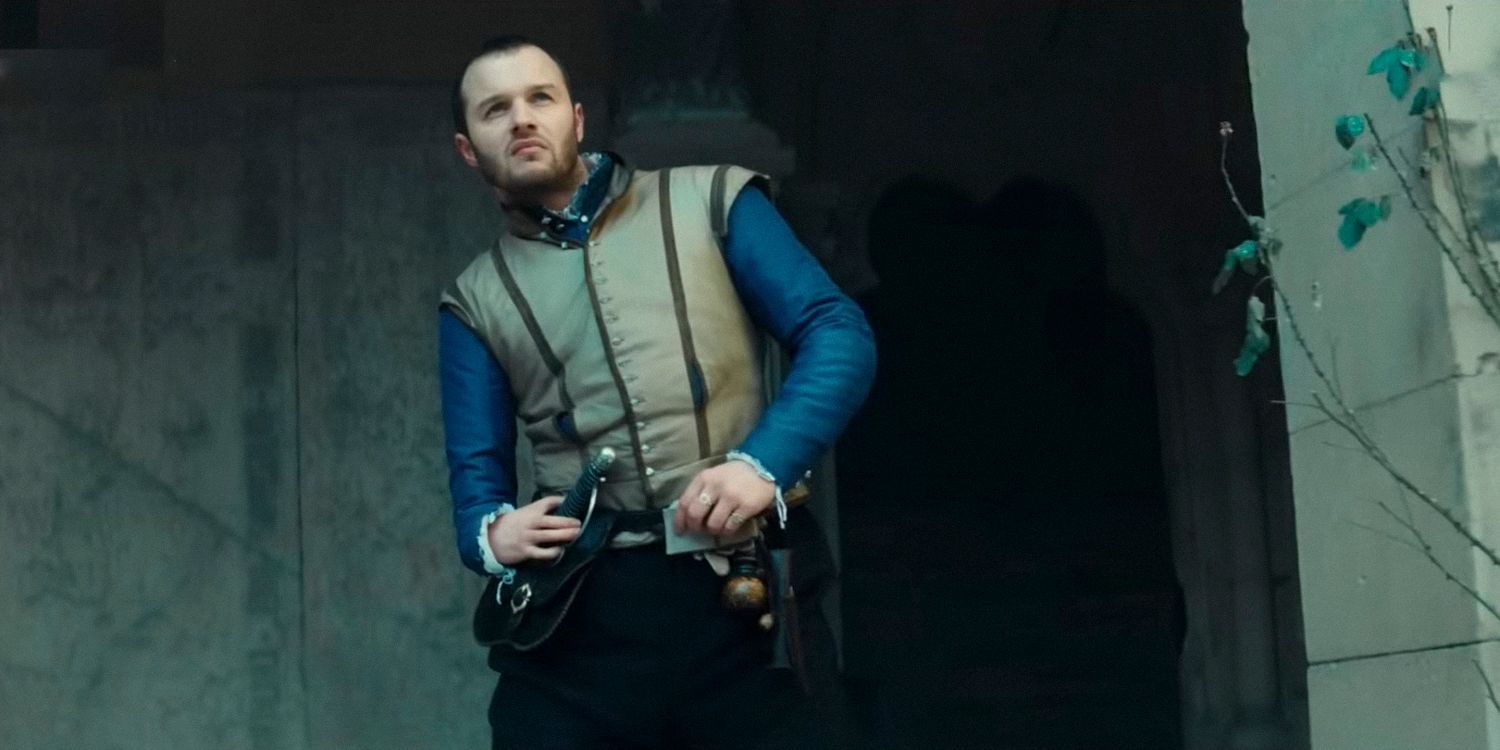Shardlake: Disability representation with purpose
Shardlake: Historical fiction and the real world
C. J. Samson’s Shardlake novel series has been hugely popular amongst fans of historical fiction so it’s about time someone produced an adaptation for screen. Set in Henry VIII’s England during the dissolution of the monasteries, Shardlake follows its eponymous hero. Matthew Shardlake a lawyer in service to the Crown and to Cromwell as he investigates a murder at a Sussex monastery whilst also being tasked with uncovering evidence for its dissolution. Shardlake is a character who could stray into the very boring but, done right, he is a character who continues to surprise and impress us. This is a man doing his job, trying to keep his head firmly attached (literally and figuratively) whilst navigating delicate and dangerous circumstances as a disabled man, no less.
Arthur Hughes (who plays Shardlake himself) has expressed his excitement that his character is much more than his disability alone, but also that his disability isn’t ignored. Instead, his disability is a fact of his life, part of his daily routines, his perception of the world, his relationships with others, and his moral code. As a disabled actor, Hughes brings all of those elements to this performance and makes Shardlake a highly complex and intriguing protagonist, taking us with him as he moves through the story. Neglecting Shardlake’s disability (which is written into Samson’s novels) would be a grave misstep in adaptation, not only because it would not be faithful to the source material but because it would erase Shardlake’s experiences as a disabled character in a world where prejudice and discrimination against disabled people was even more pronounced than it is today.
Historical fiction is popular because it places us in a time and setting that is foreign and unfamiliar, but tells us stories about characters to whom we relate and about issues which continue to concern us as modern audiences. Crime, intrigue and power are not just features of historical fiction which do not have any bearing on our lives, but in fact the historical fiction genre makes those elements even more appealing and enjoyable.
In sum, too often historical fiction glosses over the parts of history we might want to ignore or forget by dressing it in period costumes and orchestrating violence on just the right side of rehearsed. By placing a disabled character front and centre, Shardlake gives us another opportunity to show us how history and historical fictions hold up a mirror to our own lives and societies. How far have we (or have we not) come in time? What do we still need to change and improve to make the world we live in better for everyone?



Comments
Post a Comment